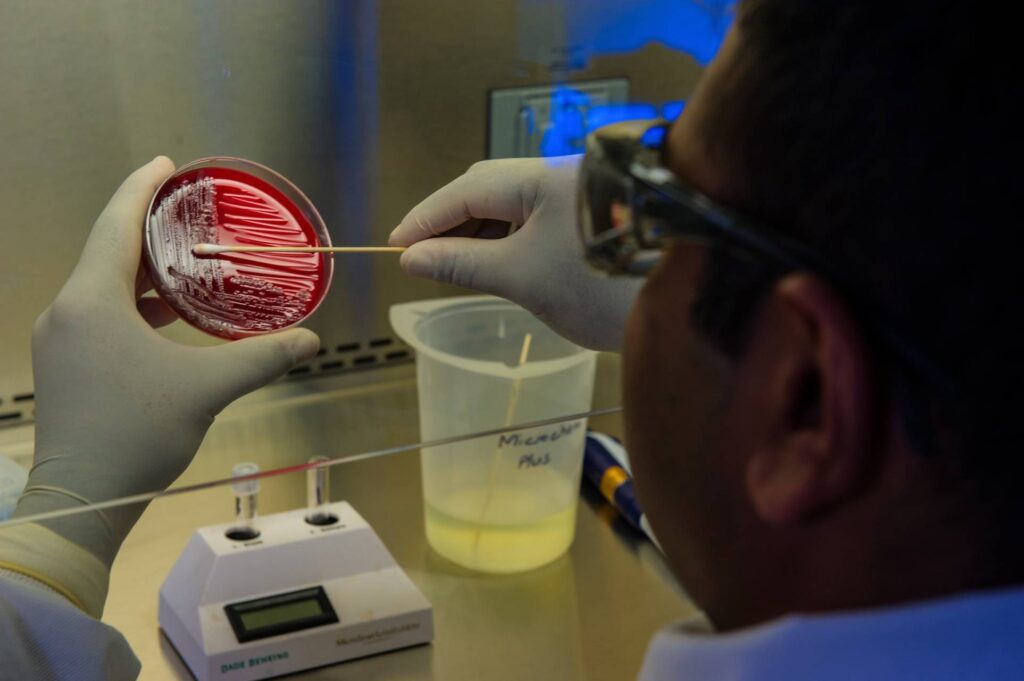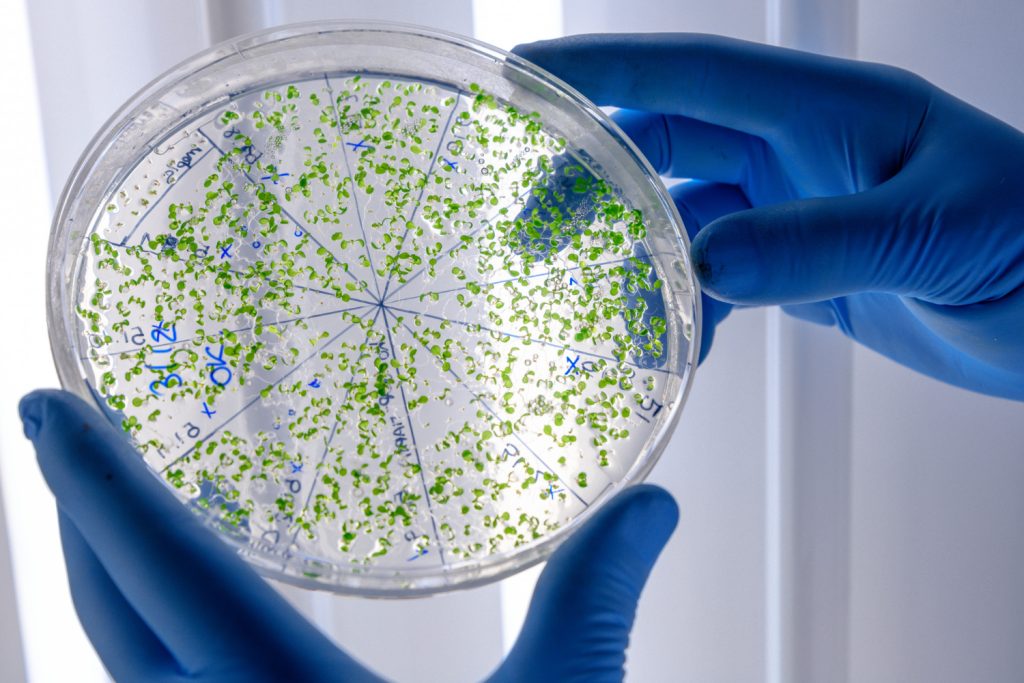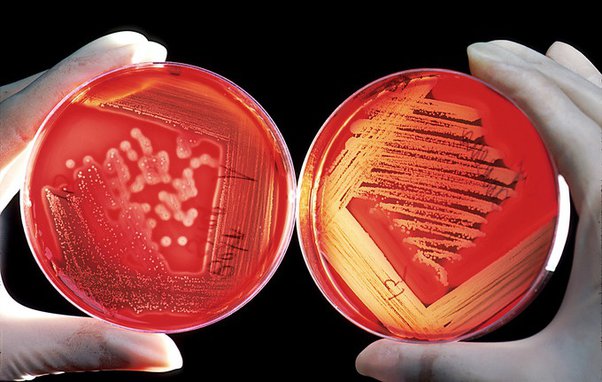Microbiology is the study of microorganisms, including bacteria, viruses, fungi, and parasites. It encompasses various subfields such as medical microbiology, environmental microbiology, and industrial microbiology. Microbiologists study the characteristics, behavior, and roles of microorganisms in different environments, including their interactions with other organisms and their potential applications in various industries like food production, medicine, and environmental remediation.
On the other hand, biotechnology involves the use of biological systems, organisms, or derivatives to develop products and applications to improve human lives and the health of the planet. It encompasses a wide range of techniques and methodologies, including genetic engineering, molecular biology, and bioinformatics. Biotechnology has diverse applications in medicine, agriculture, environmental protection, industrial processes, and more. It often draws on principles and knowledge from fields like microbiology, genetics, biochemistry, and engineering.
Biotechnology and Microbiology

In biotechnology, biological systems and organisms are manipulated to create technologies and products that enhance human life. It covers a wide range of uses, such as industrial processes, genetic engineering, agriculture, pharmaceuticals, and environmental remediation. Biotechnologists use the power of cells, living things, and their constituent parts to develop novel solutions to problems that arise in the real world.
In contrast, the study of microorganisms includes viruses, fungi, bacteria, and protozoa. This field of study is called microbiology. Microbiologists investigate the variety, behavior, and interactions of these microscopic organisms to learn more about their roles in industry, disease, ecology, and health. The foundation for understanding microbial processes and applying them to a range of applications is provided by microbiology, which makes it an essential component of biotechnology.
Comparing Biotechnology and Microbiology
Biotechnology and microbiology are often intertwined, with advancements in one field driving progress in the other. However, they differ in their focus, scope, and methodologies:
Scope
Biotechnology encompasses a wide range of disciplines, including molecular biology, biochemistry, genetics, and engineering, to develop products and processes.
Microbiology primarily focuses on the study of microorganisms and their interactions with other organisms and the environment.
Methodologies
Biotechnologists employ techniques such as genetic engineering, protein engineering, and fermentation to modify organisms and their components for specific purposes.
Microbiologists utilize a variety of techniques, including microscopy, culturing, molecular biology, and bioinformatics, to study microorganisms and their activities.
Applications
Biotechnology applications include the production of therapeutic proteins, genetically modified crops, biofuels, bioremediation, and personalized medicine.
Microbiology applications range from infectious disease diagnosis and treatment to food and water safety, bioremediation, and the production of antibiotics and enzymes.
Benefits and Limitations

Both biotechnology and microbiology offer significant benefits and face certain limitations:
Benefits
Biotechnology has revolutionized medicine, agriculture, and industry, offering solutions to pressing global challenges such as disease, hunger, and environmental degradation.
Microbiology has enabled breakthroughs in healthcare, food production, and biotechnology, providing insights into microbial ecosystems and processes that benefit human society.
Limitations
Biotechnology raises ethical, safety, and regulatory concerns regarding the use of genetically modified organisms and potential environmental impacts.
Microbiology faces challenges such as antibiotic resistance, emerging infectious diseases, and the complexity of microbial communities, which require interdisciplinary approaches for effective solutions.
FAQs
What’s the best part of biotechnology?
Biotechnology has cool jobs in medicine, farming, and helping the environment.
Is it good to work in biotechnology?
Yes! You can help make new medicines and improve how we grow food.
Are biotech jobs in demand?
Yup! People who work in biotechnology are needed because they help solve important problems.
Which country is best for biotech jobs?
Countries like the USA, Germany, and Singapore have lots of cool biotech jobs.
Is studying tiny things a good job?
Totally! You can help discover new things about germs and how they affect our world.
Final Words
In the debate between biotechnology and microbiology, it is not a matter of one being better than the other but rather recognizing their interdependence and complementary roles in advancing scientific knowledge and technological innovation. Biotechnology harnesses the power of living organisms to develop transformative solutions, while microbiology provides the fundamental understanding of microorganisms essential for biotechnological advancements. Together, these disciplines pave the way for a future where science and technology work hand in hand to address the most pressing challenges facing humanity.
